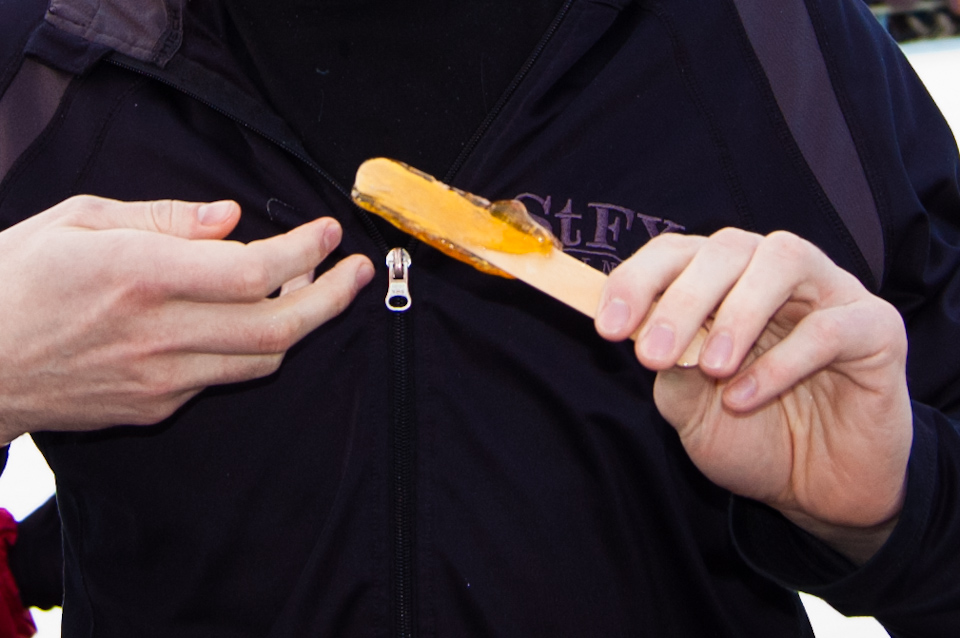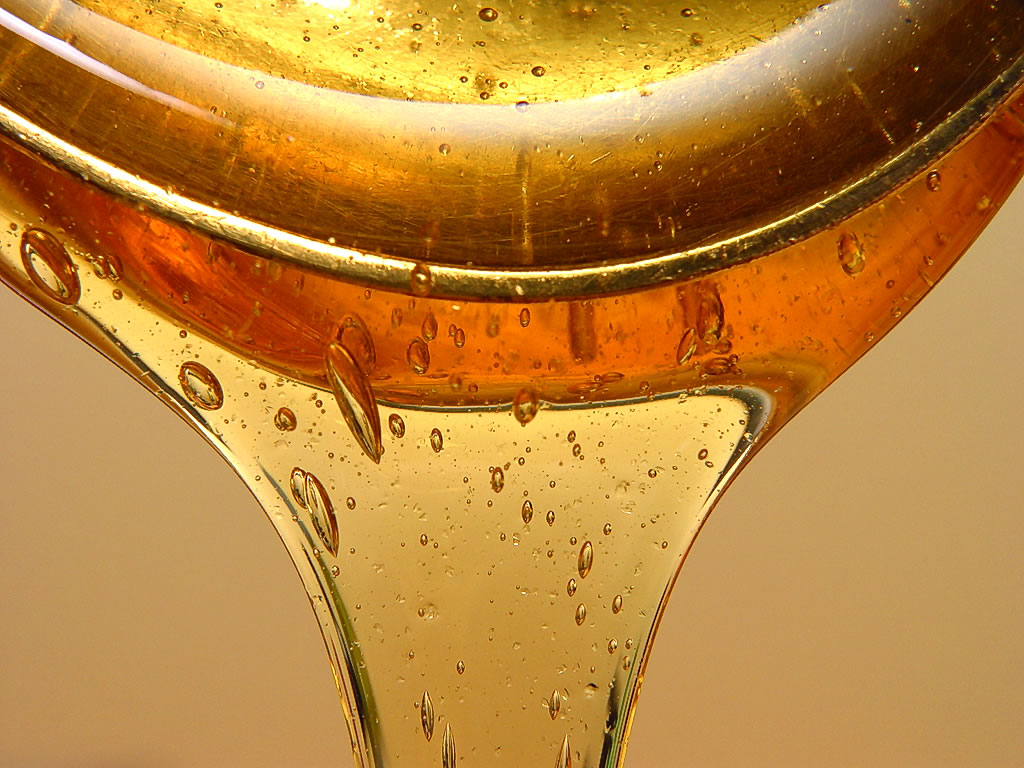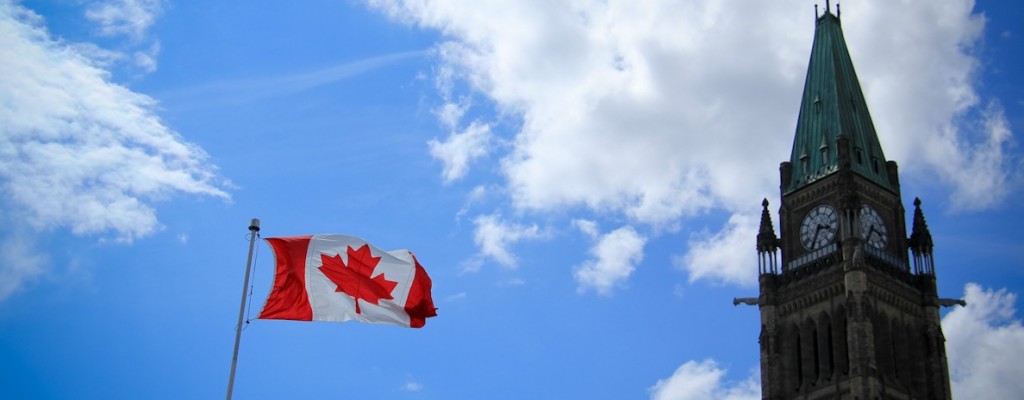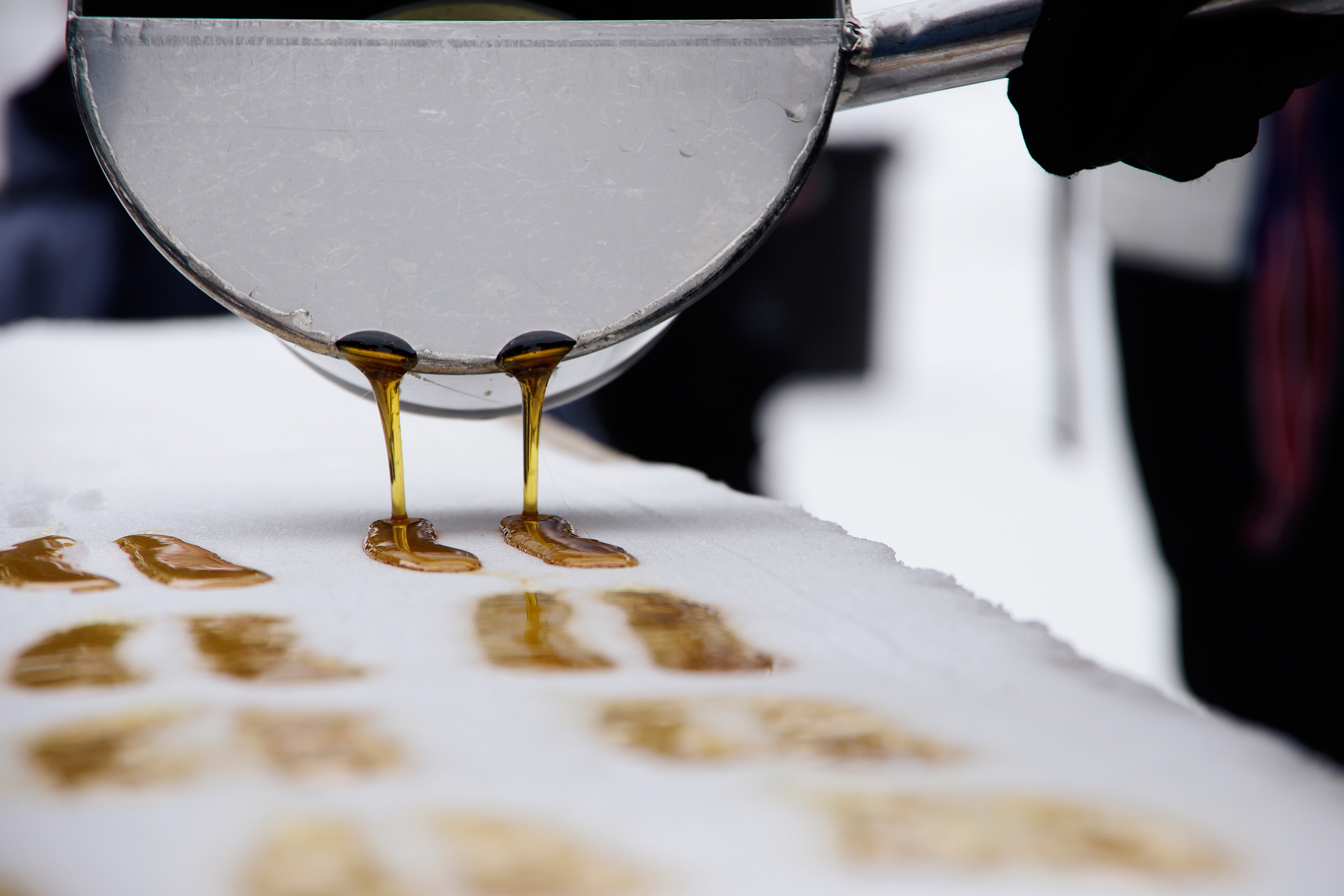For many people, the ushering of the spring means many things: snow turns to rain, we adjust our clocks forward, and we wait for the sweet syrup tapped from maple trees to trickle through and somehow magically turn up on our breakfast table. JustFly reviews the intricate history and facts that many may not know about this delightful Canadian treat.

It’s actually really good for you
Maple syrup is one of the least processed sugars made available to consumers in today’s sugar-addicted market according to JustFly. In contrast to popular table syrup brands (we won’t name names, but your childhood Auntie Jem might not’ve been as wholesome as you thought it was), maple syrup is made out of pure maple syrup, that’s it. The sap collected from the trees is boiled down until it’s reduced to a sticky, brown syrup. In contrast, popular table syrup brands are usually made from cornstarch, are high in fructose corn syrup, caramel colouring (not even the real colour!), and cellulose gum.

Canada exports nearly all the world’s maple syrup
In fact, it’s close to 87%! That’s a large amount of maple exports, especially when the province of Quebec accounts for nearly two-thirds of the globe’s maple syrup alone! With that amount of syrup leaving the province, you know its good stuff. In fact, it’s so good, that in 2012 three people were arrested in an $18-million maple heist in the province.

Maple syrup as a political act
As many people are aware, North America has a sordid history when it comes to its origins. As the main base to a thriving slave economy, the United States played a large role in the cotton and sugar industries during since the early 1600’s. But as more slaves were brought over to the New World and forced to work in deplorable conditions, so to were the antislavery movements and sentiments. But tides drastically turned during the rise of the Civil war and well into the 1800’s, and members of the elite began to boycott the sugar that came from the Caribbean and the south. Instead, farmers began cultivating maple trees and the elite followed suit, insisting that it was more patriotic to use the natural sugar than the sugar obtained through slave labor. In essence, the popularity of maple syrup as a sugar was seen as a political act and resistance to the institution of slavery.
